Where To Use My Metal Detector?
Metal detecting can be a rewarding hobby, combining the excitement of treasure hunting with the tranquility of spending time outdoors. Whether you're a seasoned detectorist or a novice, knowing where to use your metal detector is crucial for maximizing your chances of finding valuable items. Let's explore the best places to use a metal detector, respecting both fun and legality, backed by a summary of user demand and intent.
Beach and Shoreline Hunting
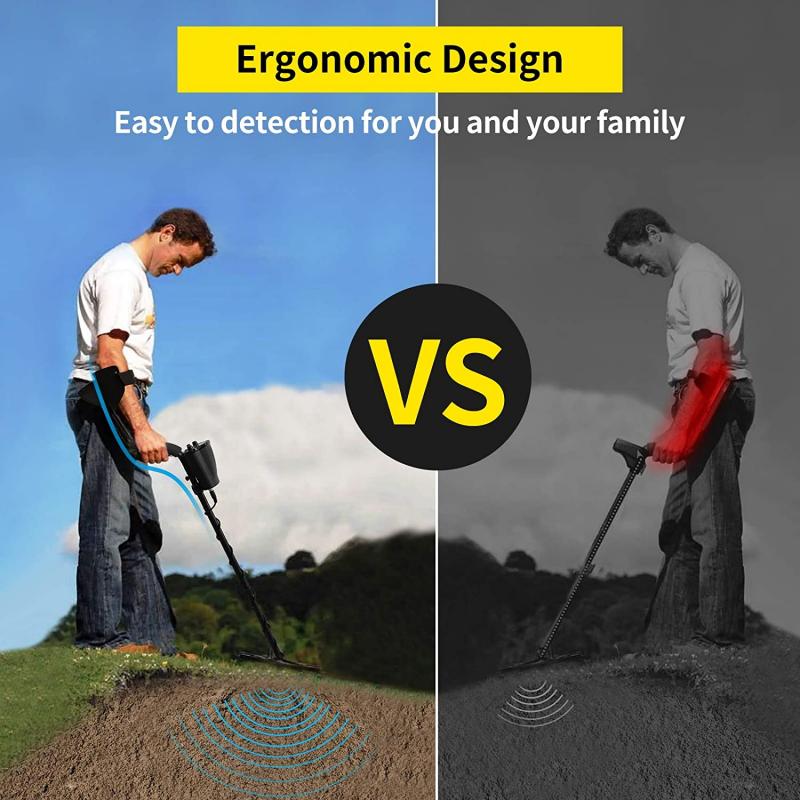
One of the most popular and rewarding places to use a metal detector is along beaches and shorelines. The high volume of visitors to these areas increases the likelihood of finding lost items such as jewelry, coins, and other metal objects. Tidal movements can also help bring buried objects to the surface, enhancing your chances of discovery. Remember to check local regulations, as some beaches may require permits for metal detecting.
Parks and Recreational Areas
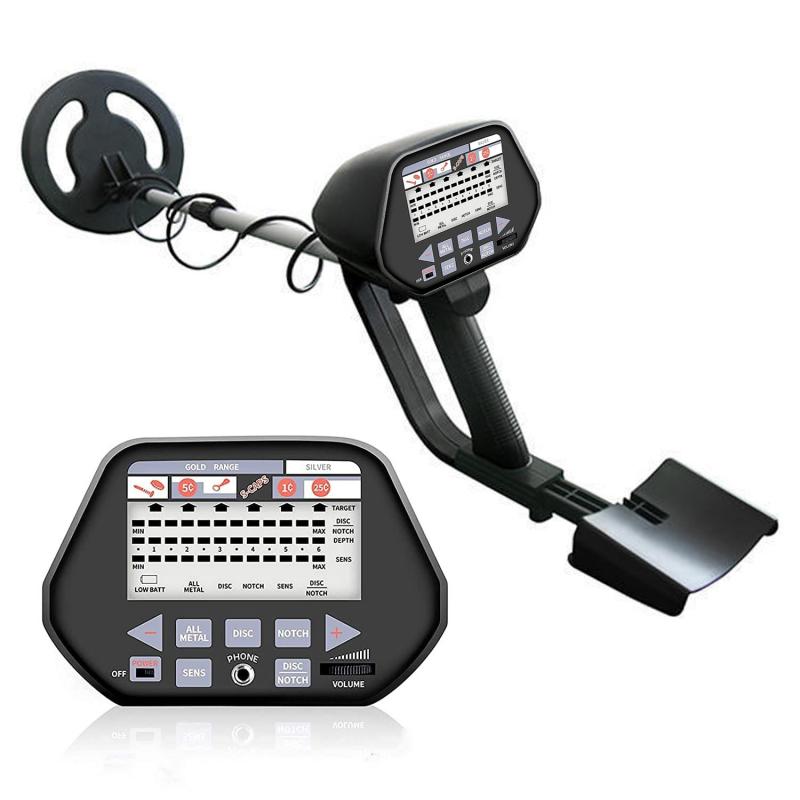
Public parks and recreational areas can also be fruitful grounds for metal detecting. These areas often host numerous visitors, picnics, and events, leading to lost items like coins, jewelry, and other metallic objects. Before you start detecting in a park, make sure to get permission from the local authorities or park management, as some places have restrictions or specific rules regarding metal detecting.
Historical Sites and Battlefields

If you have an interest in history, metal detecting at historical sites or old battlefields can be very exciting. These places may contain relics from the past, such as old coins, buttons, musket balls, and other artifacts. However, it is important to approach these locations with caution and respect. Many historical sites are protected by law, and unauthorized metal detecting can be illegal and harmful to historical preservation. Always seek permission from relevant authorities before proceeding.
Old Homesteads and Abandoned Properties
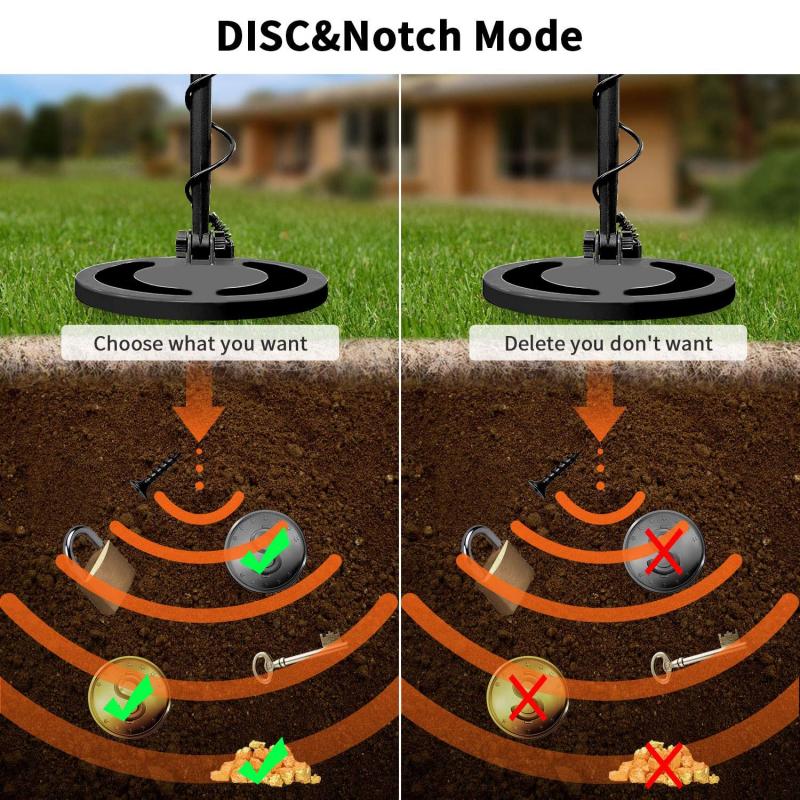
Exploring old homesteads and abandoned properties can yield fascinating finds. Items of historical and personal value, such as coins, tools, and household objects, may be hidden beneath the surface. It’s important to seek permission from property owners before metal detecting on private land to avoid legal issues and respect the privacy and ownership of others.
Fields and Farmlands
Agricultural fields and farmlands, particularly those that were once sites of old settlements or routes of travel, can be rich with historical artifacts. Items lost or discarded by farmers over the years or old relics from previous centuries can be uncovered. A good practice is to contact the landowner for permission and also to inquire about the historical significance of the land to guide your search efforts.
Forests and Wooded Areas
Metal detecting in forests and wooded regions can provide a more solitary and serene experience. These areas might have hidden treasures from old logging camps, hunting lodges, or even ancient settlements. The challenge is navigating dense foliage and potentially difficult terrain, but the rewards can be significant. Always check if there are any restrictions on metal detecting in these natural habitats, particularly those protected for conservation.
Riverbanks and Lakeshores
The areas around rivers and lakes can be productive places for metal detecting. Items lost during recreational activities like swimming, fishing, or boating often end up buried in the sediment. Waterlogged soil along these bodies can preserve metal items well, making these locations worth exploring. However, be mindful of the environmental impact and adhere to any local regulations on metal detecting near water sources.
Urban Areas and Construction Sites
In urban areas, redevelopment zones or construction sites can expose layers of history buried beneath modern infrastructure. These locations can yield coins, old tools, and even historical memorabilia. Conducting metal detecting in such sites requires proper authorization from the construction managers or urban planners, ensuring that your activities do not interfere with ongoing work or cause any legal complications.
Common Metal Detecting Etiquette
Regardless of where you choose to engage in metal detecting, adhering to a standard code of ethics is paramount. Here are a few guidelines to keep in mind:
- Always seek permission before detecting on private property or restricted areas.
- Respect natural environments, historical sites, and other protected areas.
- Fill in any holes you dig to avoid leaving hazards for people or wildlife.
- Take all trash and debris you find with you to help keep the area clean.
- Report significant historical artifacts to the local authorities or historical societies.
Legal Considerations
The legal landscape of metal detecting can vary widely depending on your location. Some countries have strict laws protecting archaeological sites and historical artifacts, whereas others may have more lenient regulations. In the United States, for example, metal detecting on federal lands is generally prohibited, with specific exceptions for certain recreational areas. Conversely, many local and state parks may allow it with proper permits. Always research and comply with the applicable laws in your area to avoid any legal issues and contribute positively to the hobby’s reputation.
Enhancing Your Metal Detecting Experience
To improve your metal detecting outings, consider the following tips:
- Research: Study the history of the area you plan to detect. Understanding the historical significance and potential hotspots can greatly increase your chances of finding valuable items.
- Equipment: Ensure your metal detector is suitable for the terrain and the types of objects you aim to find. Some detectors are better for beach environments, while others may be more suitable for forest or urban areas.
- Timing: Early mornings or late evenings can be the best times for metal detecting, as these times are generally less crowded, allowing you to work without disturbances.
- Community: Joining a metal detecting club or online forum can provide valuable advice, shared experiences, and opportunities for group hunts.
Metal detecting is a hobby that marries adventure with historical intrigue, offering both enjoyment and the potential for significant finds. By selecting appropriate locations, adhering to legal and ethical guidelines, and continuously refining your skills, you can maximize your success and enjoyment in this pursuit. Whether you're scouring the sandy beaches, exploring historical sites, or navigating urban landscapes, each adventure with your metal detector holds the promise of unearthing a hidden piece of history. Embrace the journey, respect the rules, and happy hunting!


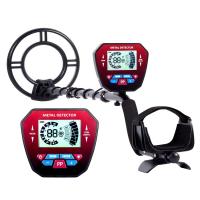
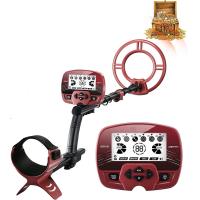

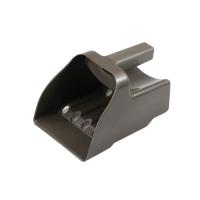

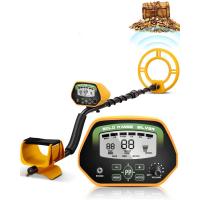
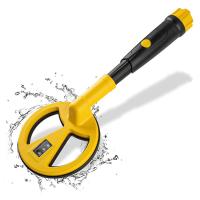

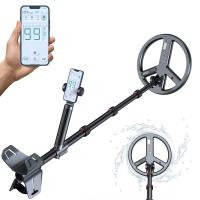
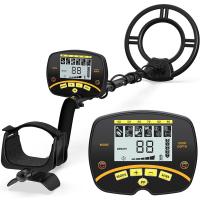


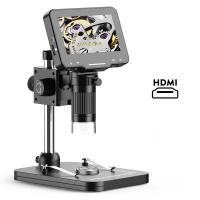




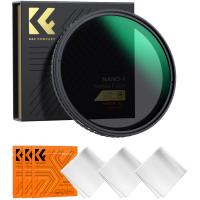
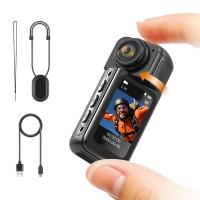
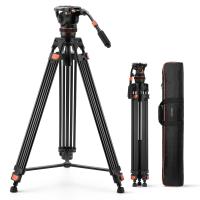
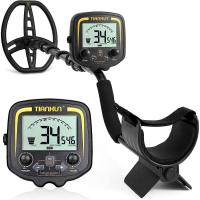

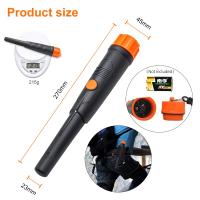


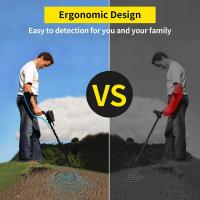


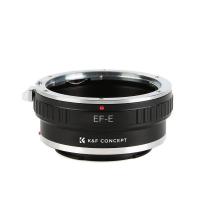
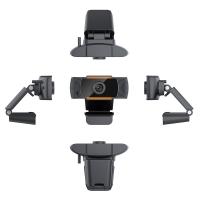


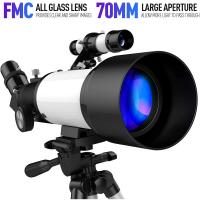
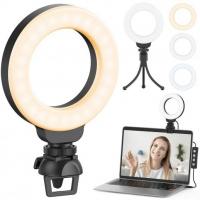
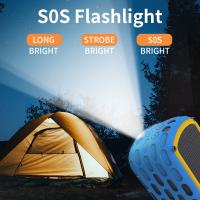


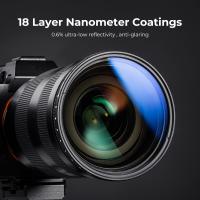
There are no comments for this blog.